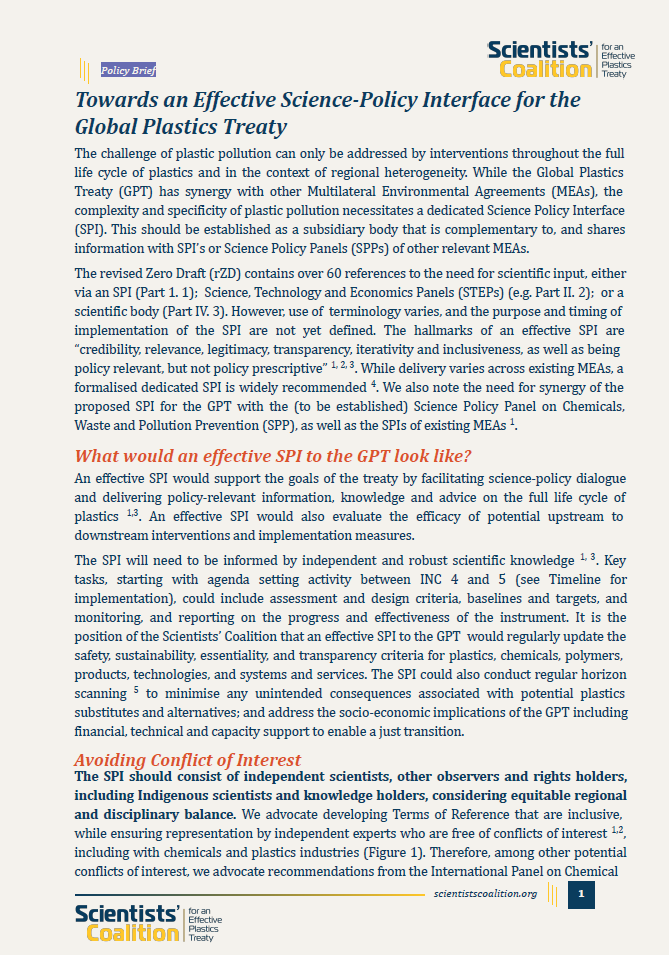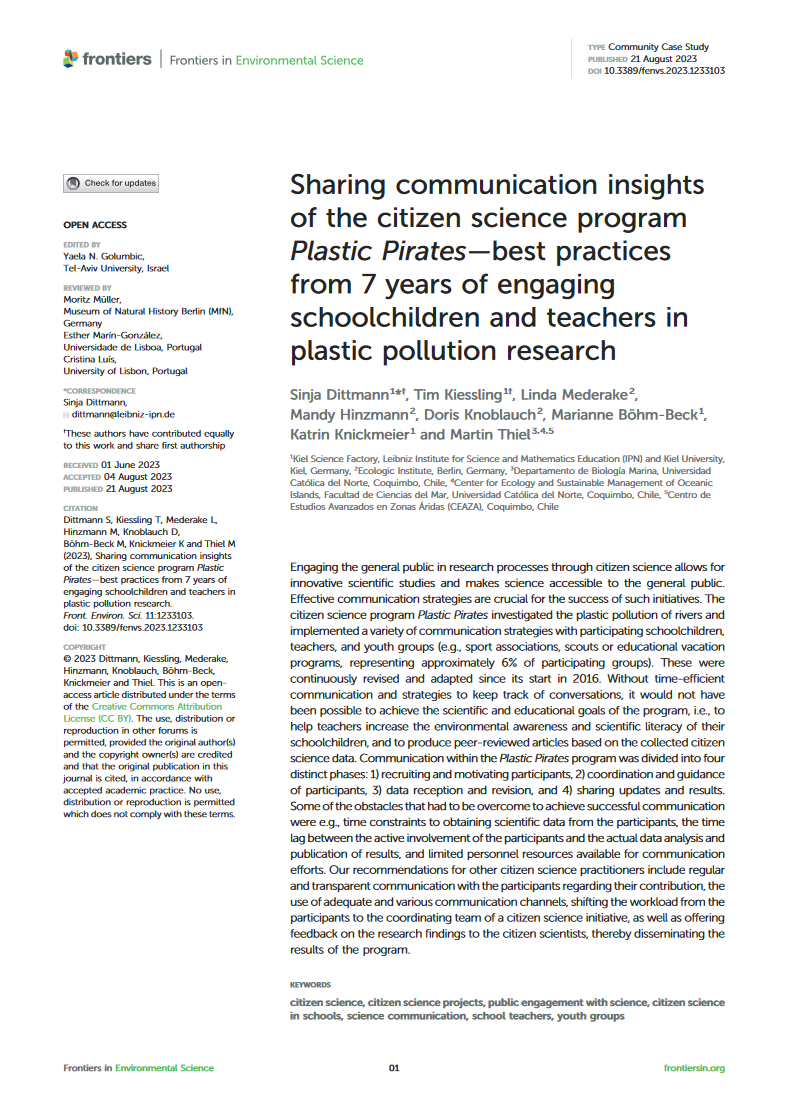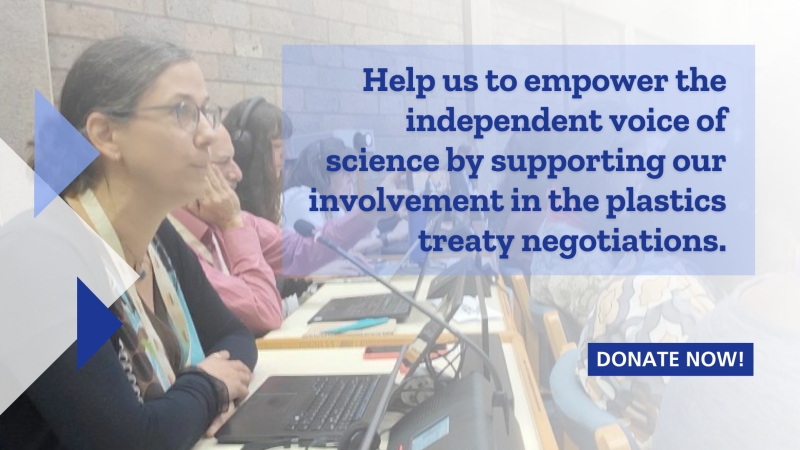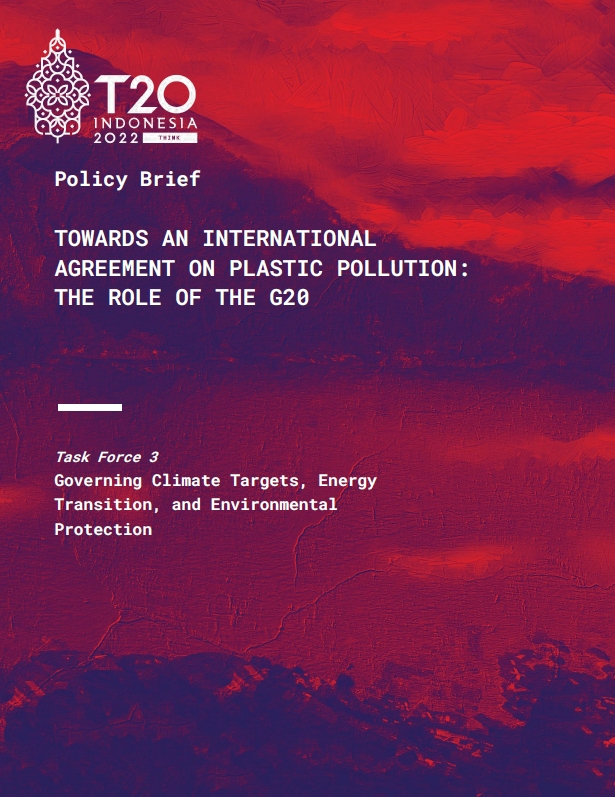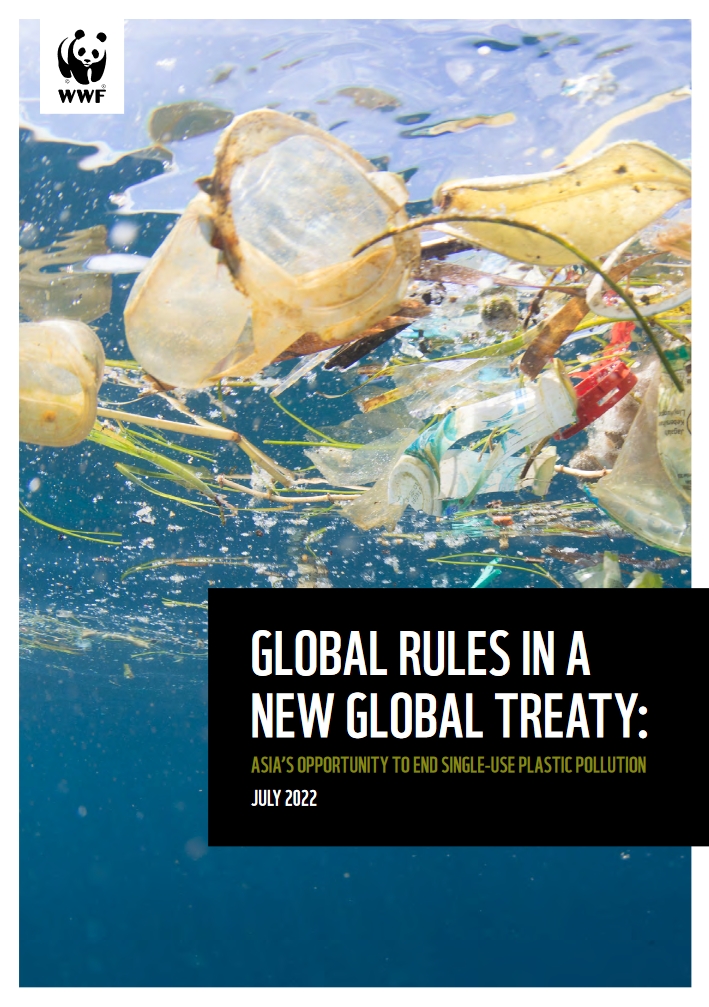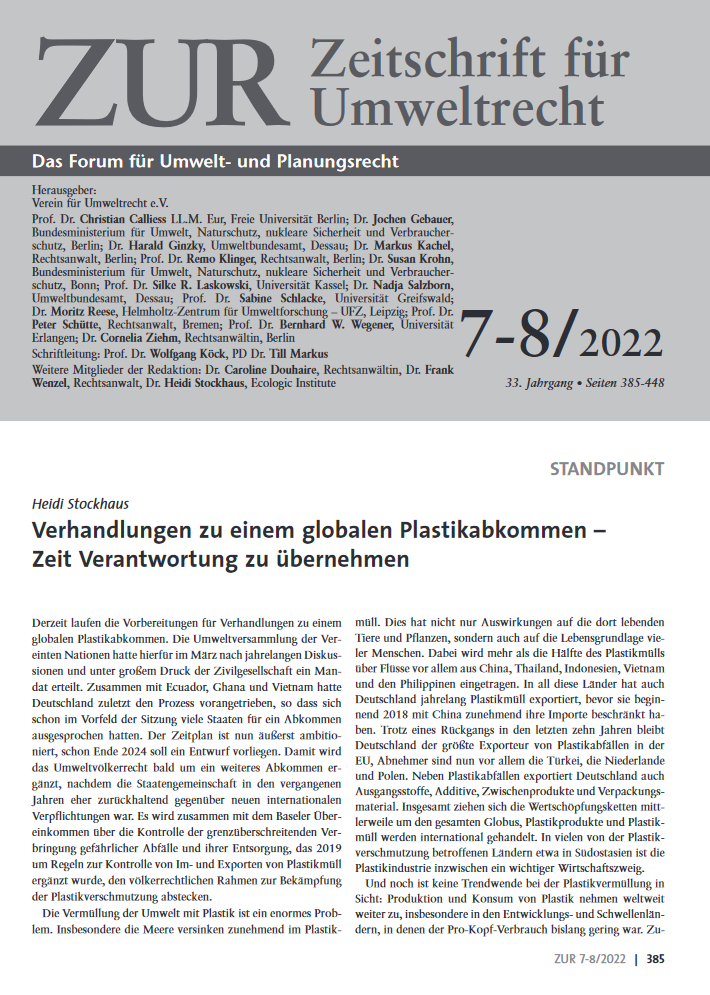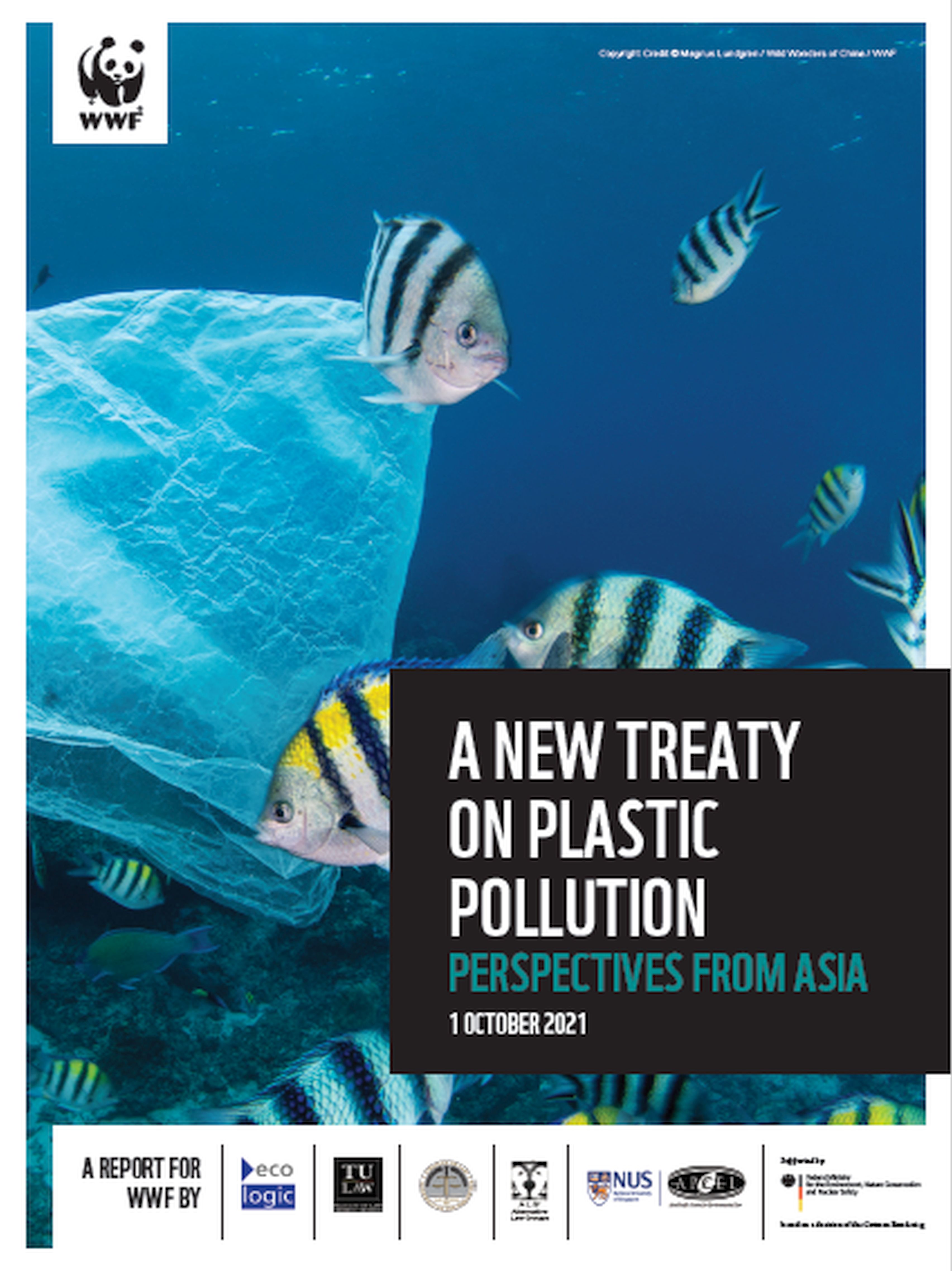Primary Plastic Polymers: Urgently needed upstream reduction
- Publication
- Citation
Scientists' Coalition for an Effective Plastics Treaty (2024). Primary Plastic Polymers: urgently needed Upstream Reduction. DOI: 10.5281/zenodo.10906376
As the international community seeks to negotiate a global plastics agreement, the stakes are high. An internationally binding instrument is to be developed that will end plastic pollution by covering the entire life cycle of plastics from production to disposal. With the goal of concluding negotiations by the end of 2024, the upcoming discussions represent a critical moment to take comprehensive and effective action against one of the most pressing environmental crises of our time.
Amidst intense global efforts to tackle plastic pollution, the Scientists' Coalition for an Effective Plastics Treaty highlights the critical role of reducing primary plastic polymers. This coalition, consisting of leading scientists worldwide, argues in its latest policy brief that without a significant reduction in the production of these polymers, the effective fight against plastic pollution is not possible. The urgent call aims to draw attention to the need to break the plastic cycle at its source - the production of primary plastic polymers. This approach is crucial as it directly reduces the amount of plastics that end up in our environment.
Global challenges and the role of primary plastic polymers
The production of primary plastic polymers is a key driver of the global plastics crisis. Forecasts indicate that over 20,000 million tons of plastics could be produced by 2040 if no drastic measures are taken. The Scientists' Coalition report makes it clear that existing waste management and circular economy measures are not enough to effectively control rising production rates. The Coalition therefore calls for global aggregated reduction targets for the production of these polymers in order to achieve a sustainable reduction in the environmental impact of plastics.
Strategies for reduction and the call for international cooperation
To effectively tackle the challenges of plastic pollution, the Scientists' Coalition proposes setting binding national and global reduction targets and increasing transparency in the production and use of primary plastic polymers. This also includes stricter regulation and simplification of the production and trade of these materials. By establishing a robust, evidence-based and conflict-free policy framework, supported by transparent monitoring and reporting, a sustainable reduction in primary plastic polymer production should be achieved. These measures are crucial to tackle the main source of plastic pollution and thus make a significant contribution to global environmental protection.
